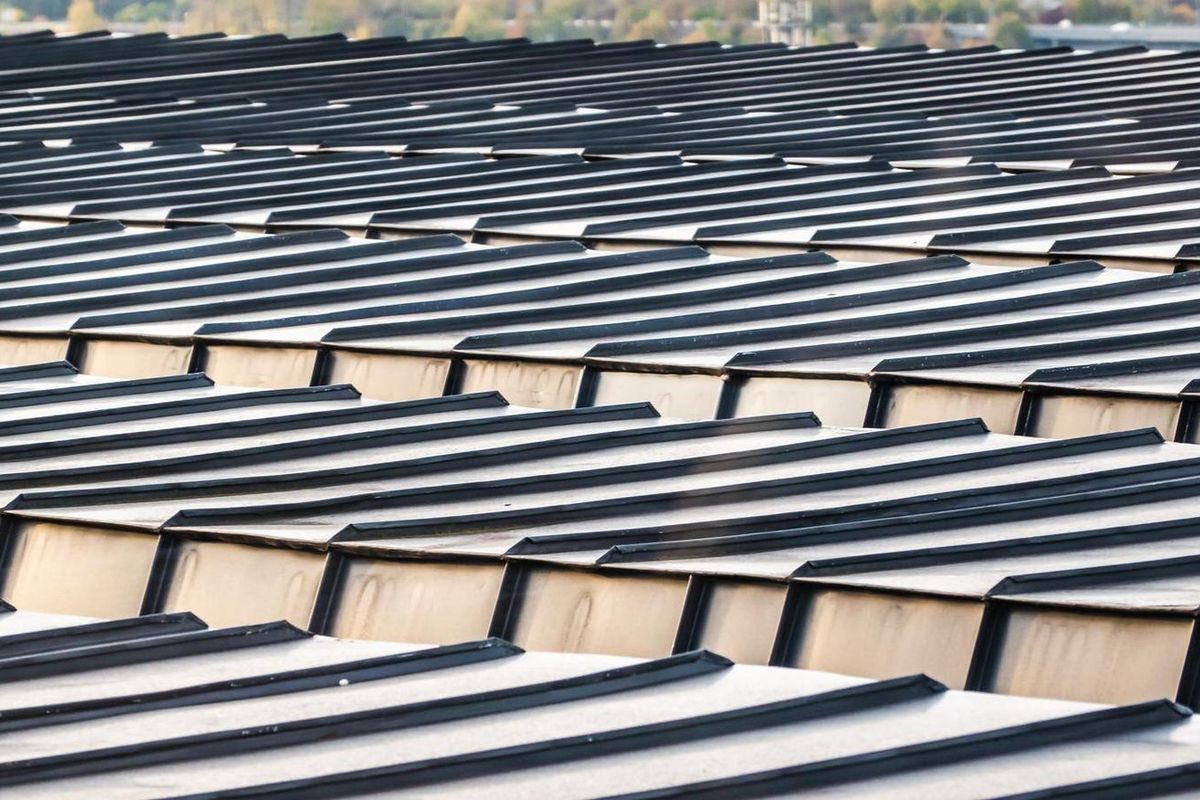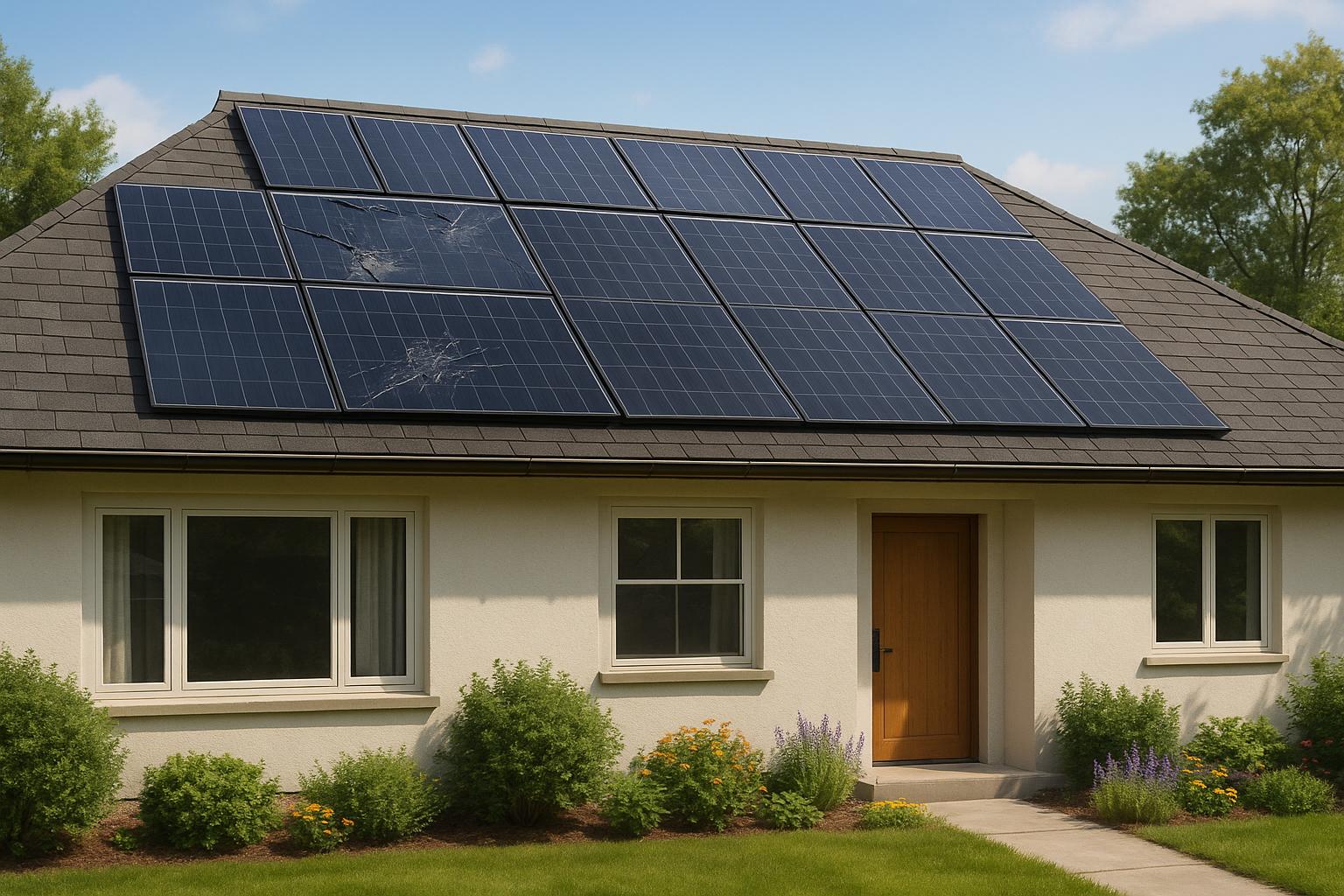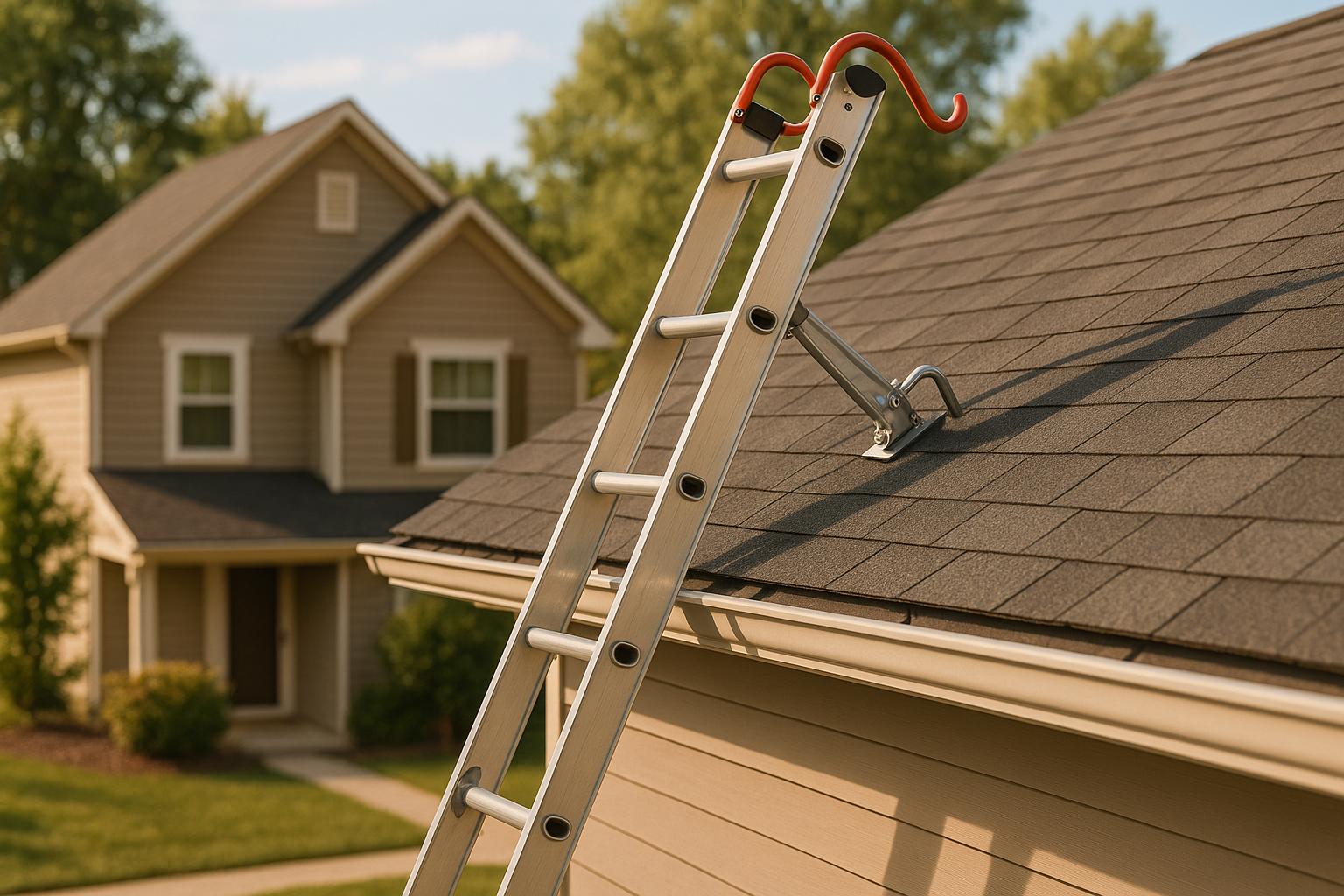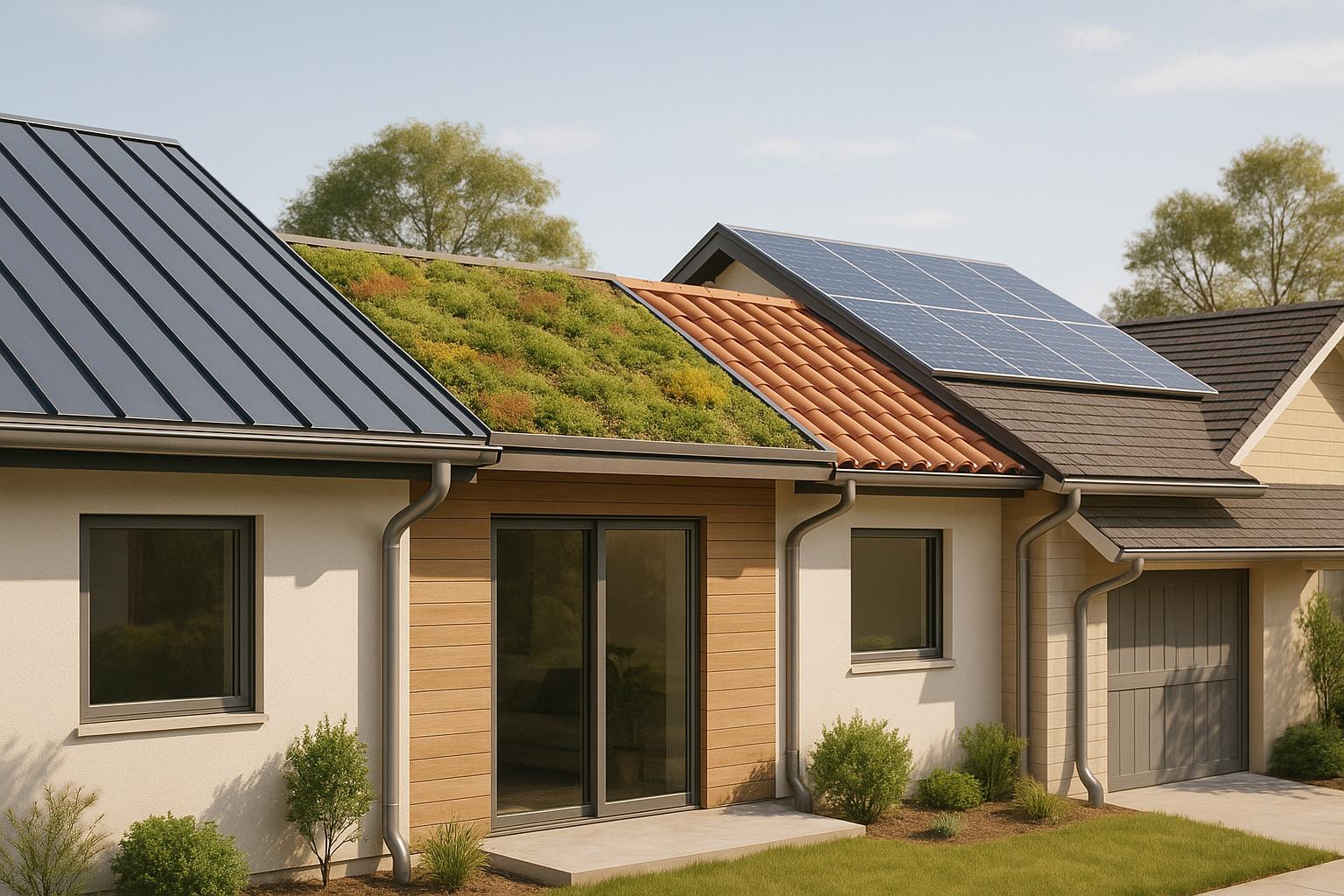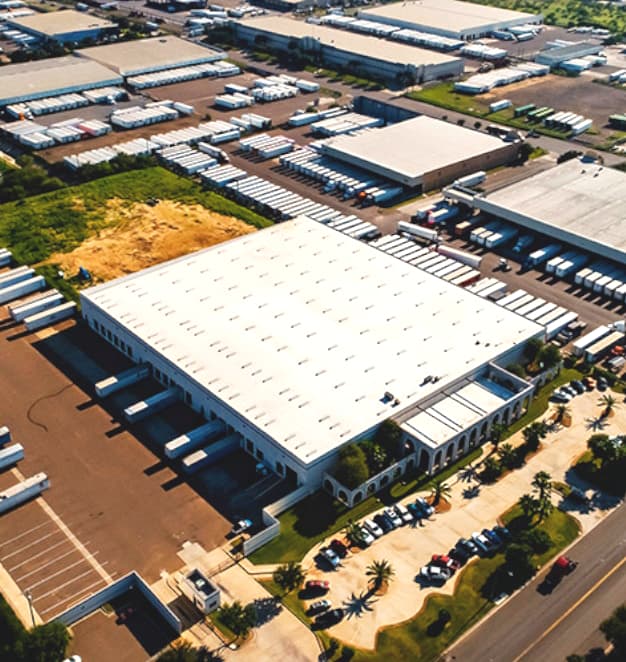Exploring Commercial Roofing Options
When it comes to commercial roofing, the choices are plenty and picking the right material is crucial for any business operation. Different materials come with their own strengths, making them suitable for various settings and needs. Here’s a quick look at some popular options:
- EPDM (Ethylene Propylene Diene Monomer): Known for its durability and weather resistance.
- TPO (Thermoplastic Polyolefin): Popular for energy efficiency and cost-effectiveness.
- PVC (Polyvinyl Chloride): Offers excellent strength and long-lasting performance.
- SPF (Spray Polyurethane Foam): Provides seamless insulation and waterproofing.
- Asphalt Rolled Roofing: Cost-effective and easy to install.
Each of these materials brings unique benefits to the table. EPDM is a go-to choice for those prioritizing long-term durability. TPO is often chosen for its energy-saving properties. PVC stands out for its robust nature, while SPF is perfect for seamless coverage. Asphalt rolled roofing is appreciated for its simplicity and budget-friendly appeal.
Choosing the right roofing material is key to ensuring your commercial property remains protected and efficient. The versatility of these materials means there’s likely a perfect match for your specific building needs. Understanding what each material offers helps in making an informed decision, ensuring your business operations continue smoothly without roofing worries.
Pros and Cons of Roofing Materials
When you’re choosing a commercial roofing material, it’s important to know the pros and cons of each option. Here’s a breakdown to help you make an informed decision.
-
EPDM (Ethylene Propylene Diene Monomer): This material is known for being affordable and easy to install. It’s a great choice if you’re looking for something cost-effective. However, it can absorb heat and doesn’t offer the best aesthetics, which might be a consideration for some property owners.
-
TPO (Thermoplastic Polyolefin): It’s popular for its cost-effectiveness and reflectiveness, reducing energy costs by reflecting sunlight. But, there are some concerns about quality inconsistencies and potential fire risks.
-
PVC (Polyvinyl Chloride): Offers excellent durability and fire resistance, making it a strong contender for many commercial properties. On the downside, it can be more expensive, and there’s a risk of shrinkage over time.
-
SPF (Spray Polyurethane Foam): Known for its energy efficiency and insulation qualities. The application needs to be precise, which can make the installation process more complex. It’s also harder to remove if needed.
-
Asphalt Rolled Roofing: This is a budget-friendly option and easy to install. However, it has a shorter lifespan and can have seam issues, which might lead to maintenance challenges.
For a more detailed understanding of the entire installation process, consider exploring our step-by-step guide to commercial roof installation, which covers everything from material selection to final inspection.
Evaluating these pros and cons can guide you to the right roofing material for your business. Understanding how each material performs can help you choose a solution that aligns with your property’s needs and your long-term goals.
Choosing the Right Material
Choosing the right commercial roofing material isn’t just a choice—it’s an investment in your building’s future. You need something that fits your budget, location, and specific building needs. Each factor plays a role in ensuring your roof does its job effectively.
Start by considering budget: What can you afford without sacrificing quality? It’s important to find a balance between cost and performance.
Location is another biggie. Your building’s environment can dictate what materials are best. If you’re in a sunny spot, UV exposure might be a concern. Some materials handle the sun better than others.
Think about the climate: Does your area face heavy rain, snow, or high winds? Pick materials that can withstand these conditions. For those managing residential properties, understanding the nuances of material selection can be crucial. Our insights on choosing the right roofing materials for residential properties can offer valuable guidance.
Building requirements matter too. Is there a lot of foot traffic on your roof? You might need something more durable. For factory settings, where durability and safety are paramount, explore our approach to installing robust roofing systems for factories to ensure your roof withstands heavy loads and harsh weather.
Then there’s the environmental impact. Green roofing options can be a smart choice for those wanting to reduce their footprint.
Don’t forget about regulatory standards. Some areas have specific regulations you need to meet.
In the end, it’s about matching your roofing materials to your building’s needs and your long-term goals. A well-chosen roof can offer peace of mind and protect your investment for years to come.
Key Takeaways on Roofing Materials
Choosing the right commercial roofing material is a big decision. From EPDM to asphalt rolled roofing, each option offers unique benefits and challenges. It’s all about picking a material that matches your property’s needs and your long-term goals.
- EPDM: Known for affordability and ease of installation, but not the best for aesthetics.
- TPO: Offers energy efficiency but may have quality inconsistencies.
- PVC: Great for durability and fire resistance, though it can be pricey.
- SPF: Excellent insulation and waterproofing; requires precise application.
- Asphalt Rolled Roofing: Budget-friendly and easy to install but has a shorter lifespan.
When you’re choosing, consider factors like budget, location, climate, building requirements, environmental impact, and regulatory standards. Each of these plays a crucial role in ensuring your roof is effective and sustainable.
Investing in the right roofing material can significantly impact your property’s energy efficiency and sustainability. It ensures your business operations run smoothly without unexpected roofing issues. That’s why it’s crucial to stay informed and make strategic choices when it comes to roofing.
Need more guidance or a personalized quote? Fill out our contact form to get a free, detailed quote for your commercial roofing needs. We’re here to help you make the best choice for your property.

